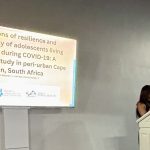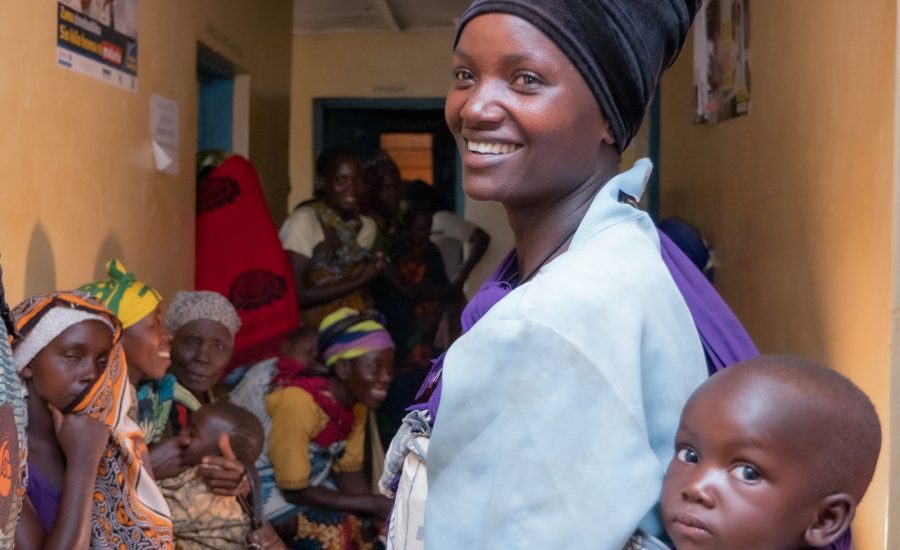
Reflections of resilience and vulnerability of adolescents living with HIV during COVID-19: A photovoice study in peri-urban Cape Town, South Africa
25 August 2025
A local gender glossary: some key gender and sexuality terms decoded
19 September 2025Global Health Action Special Series on the Global Financing Facility for Women, Children, And Adolescents
A new Special Series in Global Health Action—led by SOPH through the Countdown to 2030 project—assesses how the Global Financing Facility (GFF) has shaped national priorities, investments, and accountability for women’s, children’s, and adolescents’ health.
The Global Health Action journal has released a Special Series, “Global Financing Facility for Women, Children, and Adolescents: Examining national priorities, processes, and investments,” featuring nine academic articles, three commentaries, and an editorial. Together, these contributions provide an independent assessment of the Global Financing Facility (GFF) across 28 countries and four in-depth studies in Burkina Faso, Mozambique, Tanzania, and Uganda.
Launched in 2015 and hosted by the World Bank, the GFF is a global health initiative that aims to address financing gaps in women’s, children’s, and adolescents’ health through domestic resources, new external support and improved coordination of existing assistance. The Series highlights that the GFF has raised the profile of women’s, children’s, and adolescents’ health and mobilized $14.5 billion in resources. It also reveals ongoing challenging around inclusive ownership, equity, and accountability. With donor funding shrinking, the GFF is more vital than ever — now is the time to secure fair long-term financing, strengthen inclusive country leadership, and ensure independent accountability to protect the health and rights of women, children, and adolescents.
The Countdown to 2030 Health Policy and Systems group, led by SOPH, convened partners primarily from across Africa to assess GFF-related policy content, processes and power. This group grew organically, with intentional efforts to facilitate South-South shared learning, enable equitable partnerships, and to support young and emerging academics. Partners in the collaboration include (alphabetically): Ifakara Health Institute (Tanzania), London School of Hygiene and Tropical Medicine (United Kingdom), NEST360 Alliance, N’weti (Mozambique), Recherche pour la santé et le développement – RESADE (Burkina Faso), Makerere University (Uganda), and the University of the Western Cape (South Africa).
SOPH and partners supports the Series’ call for stronger, nationally-led, evidence-based policymaking in GFF-supported countries, alongside global accountability for how investments in women’s, children’s, and adolescents’ health are designed and delivered.

